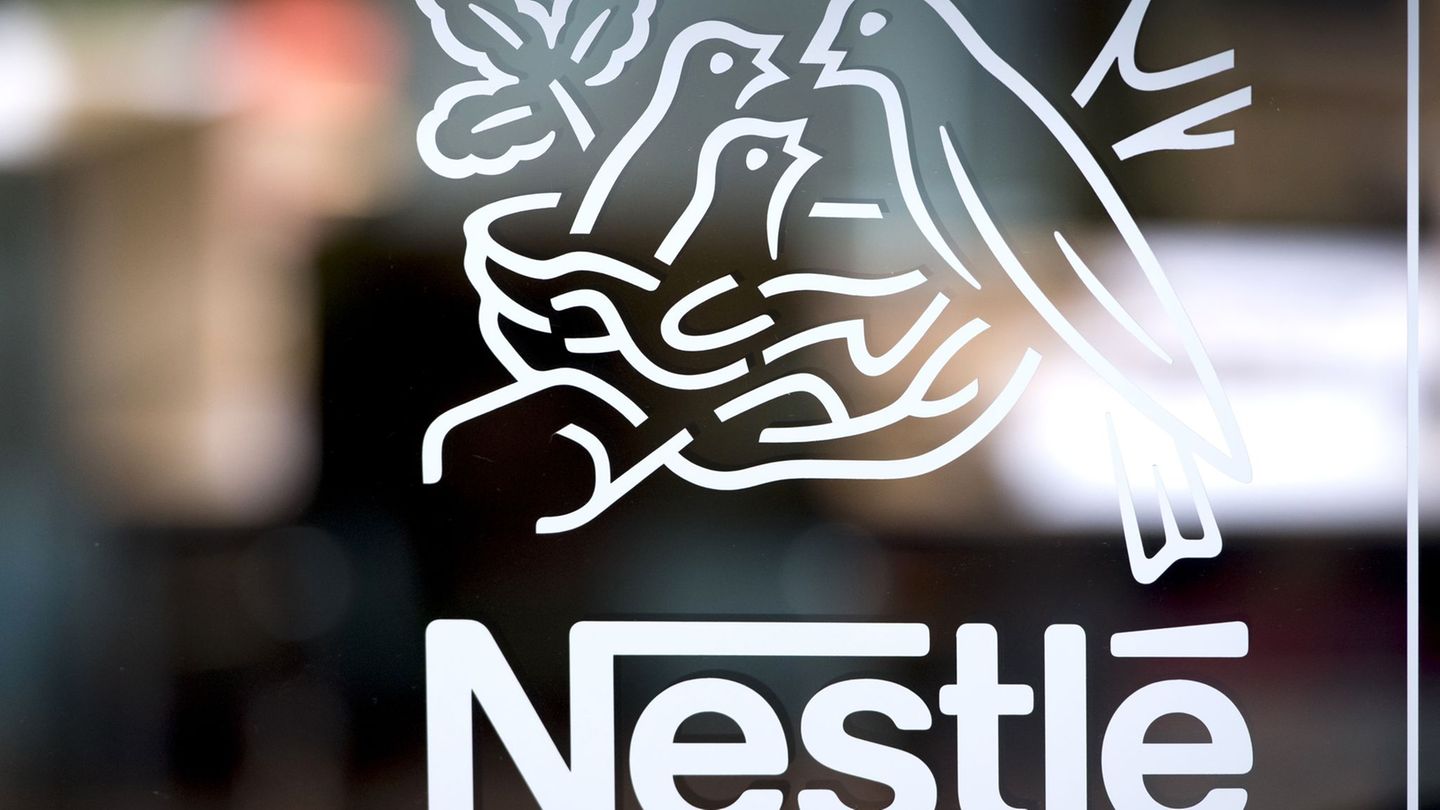Warehouses cost money. Because of this, producers began to move storage to the transport chain. However, this only works as long as the required parts are available and deliveries arrive on time.
Exploding prices for raw materials and components, rising freight costs and problems in the supply chain: This triad is currently causing concern for almost every company – and could ultimately also be reflected in the consumer wallet.
According to the credit insurer Euler Hermes, the currently unprecedented situation is hitting the German economy particularly hard. The economic catch-up race after the deep Corona recession in 2020 is leading to hamster purchases by companies around the world who are replenishing their inventories. But local companies in particular are often left behind, as the economists of the Allianz subsidiary found in a study published on Monday.
“Hamster purchases are currently in global trade,” said the head of Euler Hermes in Germany, Austria and Switzerland, Ron van het Hof. “The USA is clearly ahead in the race for the goods – partly because of the earlier reopening.” The US economy picked up again much earlier and more powerfully than in Europe. The result: deliveries of goods from China to the USA are currently increasing by around 30 percent, while those to Europe are only increasing by around 10 percent, according to a result of the study.
This has been a huge problem for German industry for months: although the demand for machines “Made in Germany” is booming after the Corona breakdown in 2020, for example, there is often a lack of material to be able to process the steeply increasing order backlog: After one before A recently published survey by the Munich Ifo Institute meanwhile complain about 64 percent of companies bottlenecks and problems with pre-deliveries as an obstacle to their production. “The companies reported a record in the previous quarter, which was again clearly exceeded,” said Ifo expert Klaus Wohlrabe. At the moment, the manufacturers were still serving the demand from their warehouses, “but they are now also visibly emptying”.
For the time being, the economic recovery in Germany is based only on consumers’ willingness to consume, while the material problems will continue to dampen industrial production for the foreseeable future: In addition to the fourth corona wave, there was a threat of persistent delivery problems for intermediate products, «the German and European economic recovery that is still intact in the second Endangered half of the year », the Federation of German Industries (BDI) has already warned.
Another problem is the sometimes sharp rise in purchase prices – generally a typical phenomenon when demand picks up but supply does not keep pace to the same extent. The latest data from the Federal Statistical Office show how much price increases are having an impact on the purchasing side of companies: Wholesale prices in July were 11.3 percent above the level of the previous year – the strongest increase since October 1974 during the oil crisis. The statisticians explain this – in addition to particularly low prices a year ago – with “many currently increased prices for raw materials and intermediate products”.
For the year as a whole, the economists at Euler Hermes are forecasting an increase of 7.7 percent in the volume of goods and services traded worldwide, after a decrease of 8 percent in the previous year. However, due to significant price increases, retail should increase in value by as much as 15.9 percent, after a minus of 9.9 percent in 2020. “However, the normalization of the supply and demand conditions makes for this year’s increase in the value of the goods and services traded only around 15 percent off – the increase in stocks, on the other hand, around 50 percent. “
An additional 35 percent can be attributed to the drastically increased transport costs in global trade, most of which is carried out by sea. Because transport capacities are scarce, the prices that container shipping companies are charging are currently skyrocketing.
The mixture of sometimes scarce goods and rising prices should also appeal to consumers. Just one example: The bicycle trade recently complained that some bicycles are delivered months late, and the two-wheel industry association (ZIV) expects that the prices for bicycles could rise by 10 to 15 percent.
From Euler Hermes’ point of view, the situation is a kind of wake-up call for many companies: “Supply chains can break, regardless of whether they are global or local,” says Germany boss van het Hof. “That was shown by the corona pandemic – but also by the current flood disaster, in which supply chains in our own country were also interrupted.” He advises companies to “have emergency plans in their pockets for various scenarios in order to be able to act quickly and flexibly”. In addition, the “quality of relationships” with one’s own suppliers is likely to play an increasingly important role. “A partnership relationship with suppliers is likely to pay off in the long term rather than squeezing the last cent out of them in delivery agreements.”
Jane Stock is a technology author, who has written for 24 Hours World. She writes about the latest in technology news and trends, and is always on the lookout for new and innovative ways to improve his audience’s experience.




